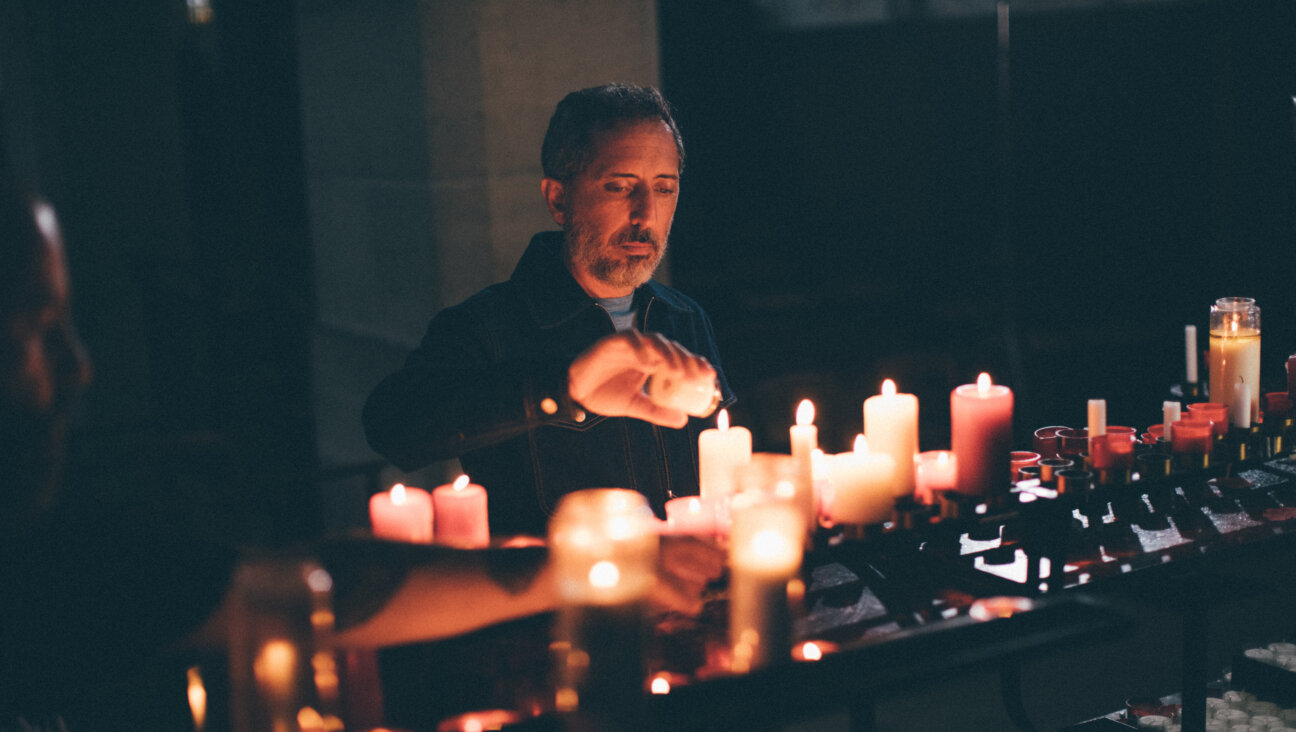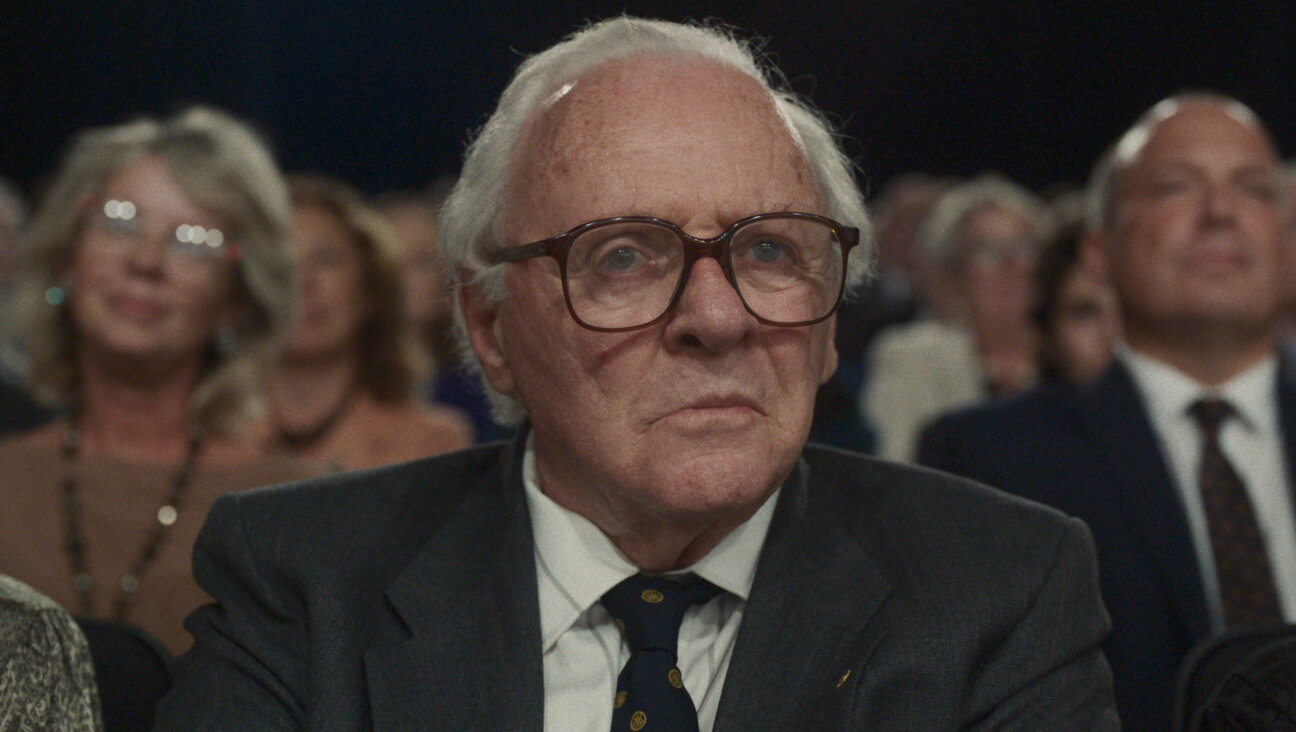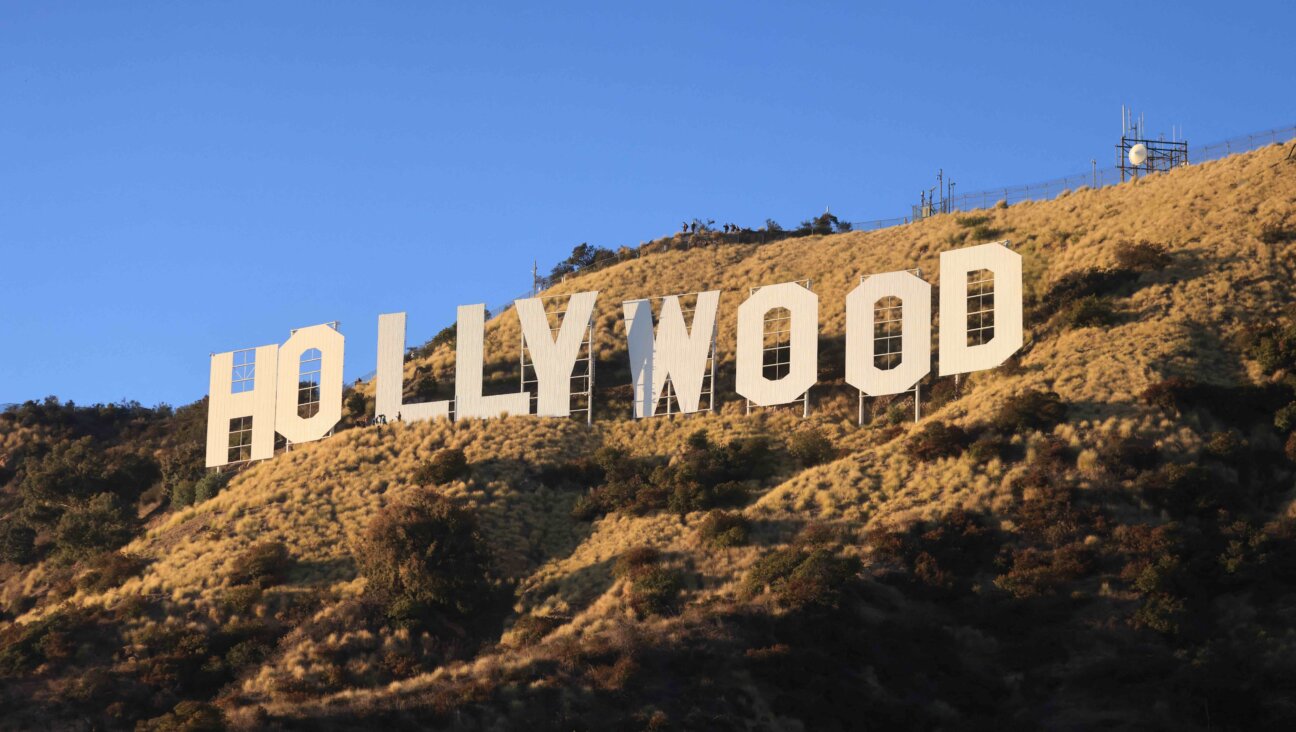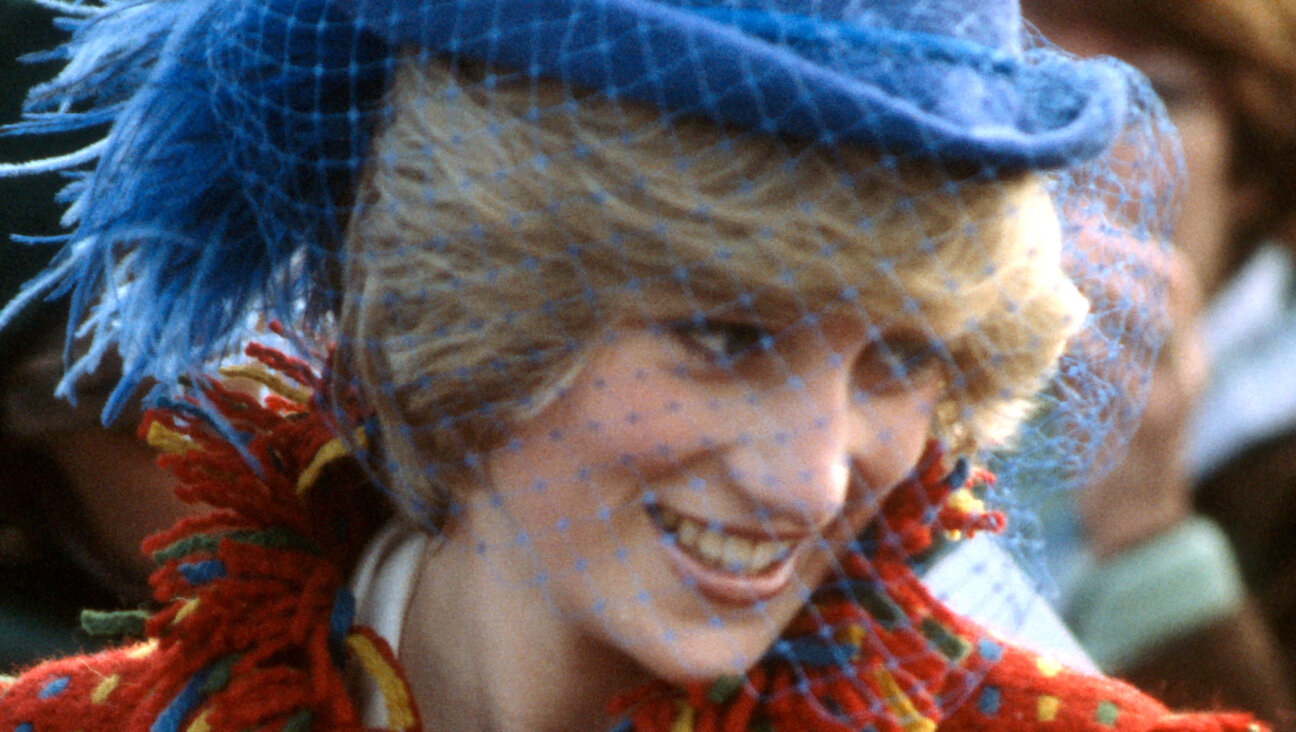In Israel’s Oscar submission, a vibrant story of family, betrayal and forgiveness
‘Seven Blessings’ tells a human story about a tragic custom long-overlooked
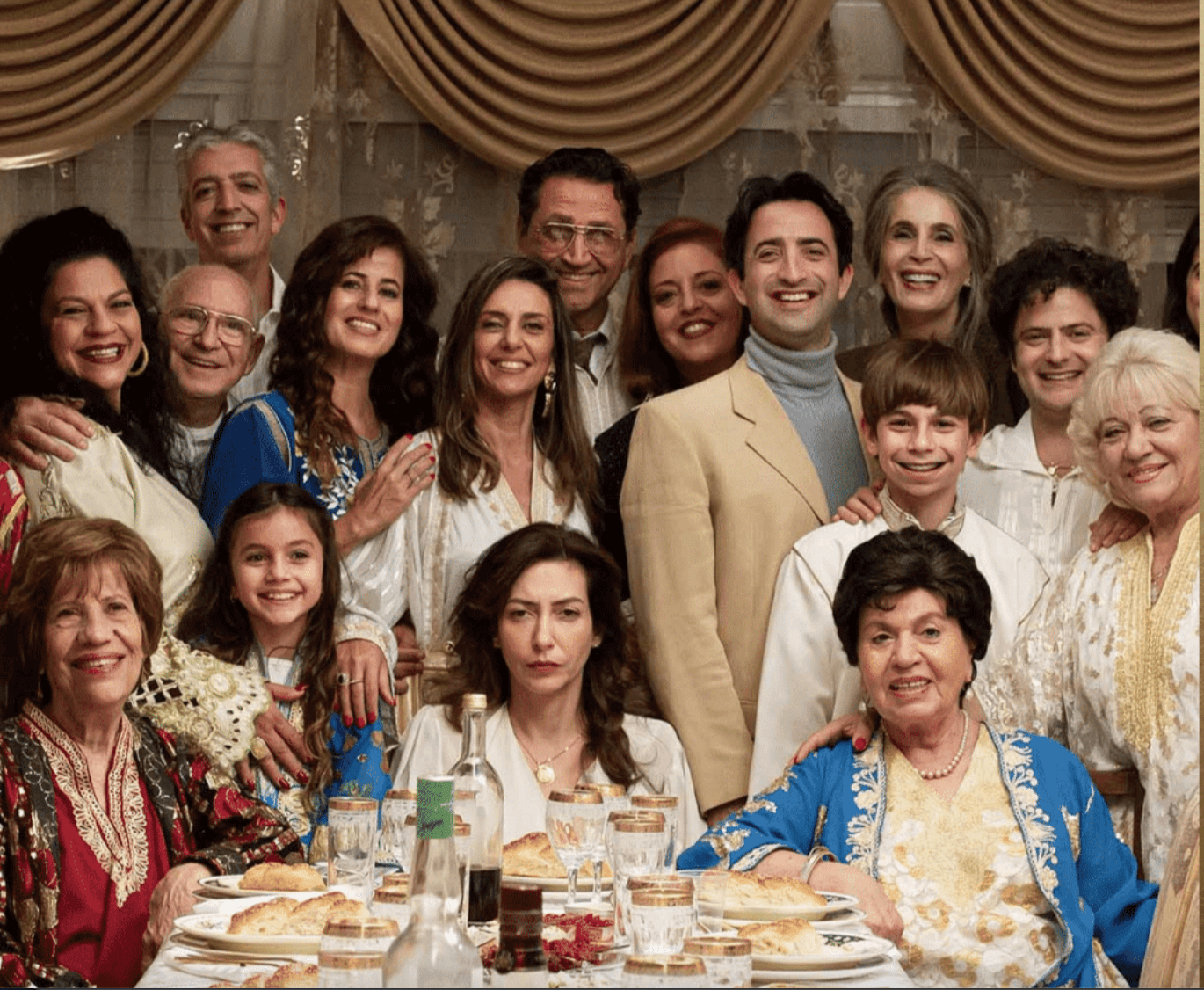
Seven Blessings is a lively drama about a Mizrahi family, and a dark family secret. Courtesy of United King Films
Each year when a country picks its Academy Awards submission, it decides the story it wants to tell the world about itself. Going into Oscar season, Israel couldn’t know that its national narrative would be so fraught, or so in the news, but their selection is all about the lies we tell ourselves and the grudges that, if allowed to fester, can destroy us.
Seven Blessings, directed by Ayelet Menahemi and written by sisters Eleanor Sela and Reymonde Amselleme, upends some fashionable claims about Israel even in its first frames. At a wedding, the bride’s family raises an eyebrow over the Western classical music playing as the groom walks down the aisle. A sister-in-law asks about the henna ceremony (there wasn’t one).
Set in the 1990s, the film’s central family are Moroccan Jews who emigrated to Israel some 40 years before. What goes unspoken — and runs counter to the in-vogue notion that Israel is simply a country of white Europeans co-opting the culture of the Middle East as part of an ethnic cleansing project — is that this resettlement was likely prompted by antisemitic pogroms, which in 1954 pushed 25,000 Moroccan Jews to apply for Israeli citizenship.
The bride, Marie (Amselleme), is marrying into a French Ashkenazi family. Her thoroughly westernized — and more than a little racist — in-laws are likewise shocked at the boisterous, ululating atmosphere of the “seven blessings,” a septet of ritual meals hosted by a diverse group of siblings and matriarchs. Slowly, we learn all their names and their crotchets and why Marie, a bank manager in Paris, is treated like an outsider.
Menahemi, Sela and Amselleme have crafted an intimate film about an underexplored phenomena in which families gave away a child to relatives who couldn’t conceive — almost always a girl.
Marie was raised from the age of 2 by her aunt Grazia (Rivka Bachar) and kept at arm’s length from her mother, Hanna (Tiki Dayan). Marie’s middle-class siblings believe she benefitted by being a de facto only child with more resources.
None of them considered that being left outside of their circle, relating to her brothers and sisters as cousins and her mother as an aunt, created a permanent trauma that each successive meal in her wedding tour reinforces.
With an element of comedy — religious brother David (Yogev Keinan) refuses to say kiddush over a luxe non-kosher wine; the teenage child of divorced Doris (Anna Baziz) tells her she needs to get laid — we see how each relative carries their own scars from a relatively normal upbringing. (A deaf uncle, who serves as a sagely narrator, could have been left on the cutting room floor — or the filmmakers could have at least not leaned on the cliche that the disabled have unique wisdom.)
The most exceptional scene is between Marie and her sister Irit (Sela), characters played by real-life sisters, lying in bed, sniping at one another for what the other never had.
“I wish you could leave this story behind,” Irit scolds Marie for dwelling on how she was given away.
“It’s not a ‘story’ — it’s my life,” Marie fires back.
Both women look at the same memories and derive completely different meanings from them. Holding on to their version of events, refusing to see them from another angle, shuts down the conversation. Learning to empathize — and maybe forgive — is the only way forward.
As in the best of Israeli film, fears over international respectability are sidelined in a rush to understand the foibles and faultlines underpinning the state and its people. At once specifically Israeli, it is also Moroccan, Yemeni, French, and affected by centuries of diaspora and a difficult aliyah and family dynamics that are instantly relatable, even if the circumstances are extraordinary.
What Seven Blessings isn’t is a film about the conflict — at least not the one we’re all thinking about — and for that reason I don’t see it advancing very far in the Oscar race. That doesn’t mean it isn’t the kind of story Israel should be telling. In fact, I think it’s the one it has to.
A message from our Publisher & CEO Rachel Fishman Feddersen

I hope you appreciated this article. Before you go, I’d like to ask you to please support the Forward’s award-winning, nonprofit journalism so that we can be prepared for whatever news 2025 brings.
At a time when other newsrooms are closing or cutting back, the Forward has removed its paywall and invested additional resources to report on the ground from Israel and around the U.S. on the impact of the war, rising antisemitism and polarized discourse.
Readers like you make it all possible. Support our work by becoming a Forward Member and connect with our journalism and your community.
— Rachel Fishman Feddersen, Publisher and CEO








